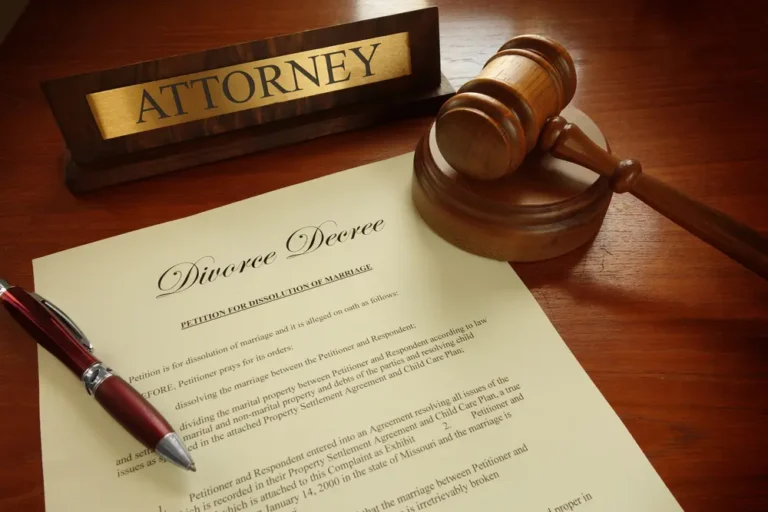Tips to Make A Divorce Less Painful~2 min read

The American Institute of Stress uses a chart developed many years ago by psychiatrists Thomas Holmes and Richard Rahe. The doctors assigned different points to 49 life events and then added them up to see how much stress a person was experiencing. They determined that getting a divorce is the second most stressful life event a person can experience. Separating from a spouse is the third.
At Springer & Lyle, we work with our clients in ways to reduce the stress as much as possible. Two ways of divorcing we assist with that help spouses separate amicably are collaborative divorce and mediation. The two processes have some similarities, but also some differences.
Mediation
In mediation, the parties meet with a trained mediator who is neutral. Attorneys are often present during mediation, but the parties can participate in mediation without their attorneys. Sometimes the parties and their attorneys meet with each other all in the same room. Other times, the opposing parties are in separate rooms and the mediator goes back and forth between them.
The mediator remains objective and guides the couple through decision making and helps them resolve issues like child custody, child support, property division, and spousal support. The process is confidential and takes much less time, so is less expensive than a divorce process that requires a trial. The party’s agreement is reduced to writing and filed with the court.
If the parties cannot agree, or can only agree on some issues, they continue to trial and the court resolves the controversial issues.
Collaborative Divorce
In a Collaborative Divorce, the parties and their attorneys commit to resolving the issues without going to court. The parties cannot participate in a collaborative divorce without having their attorneys present. It is a non-adversarial process and the focus is on what is in the best interest of the children and the family.
There may be several meetings to work out differences and to come to a final agreement. When an agreement is reached, it is put into writing and becomes the court’s final order.
If the parties are unable to come to an agreement, they must find new attorneys and begin the divorce process anew.
Attorney Daniel Abasolo at Springer & Lyle can help you through the divorce process in a way that reduces animosity and helps you make decisions that are in the best interests of the entire family. Contact us at 940-387-0404 to schedule your family law consultation with Mr. Abasolo or one of our other experienced family law attorneys.






